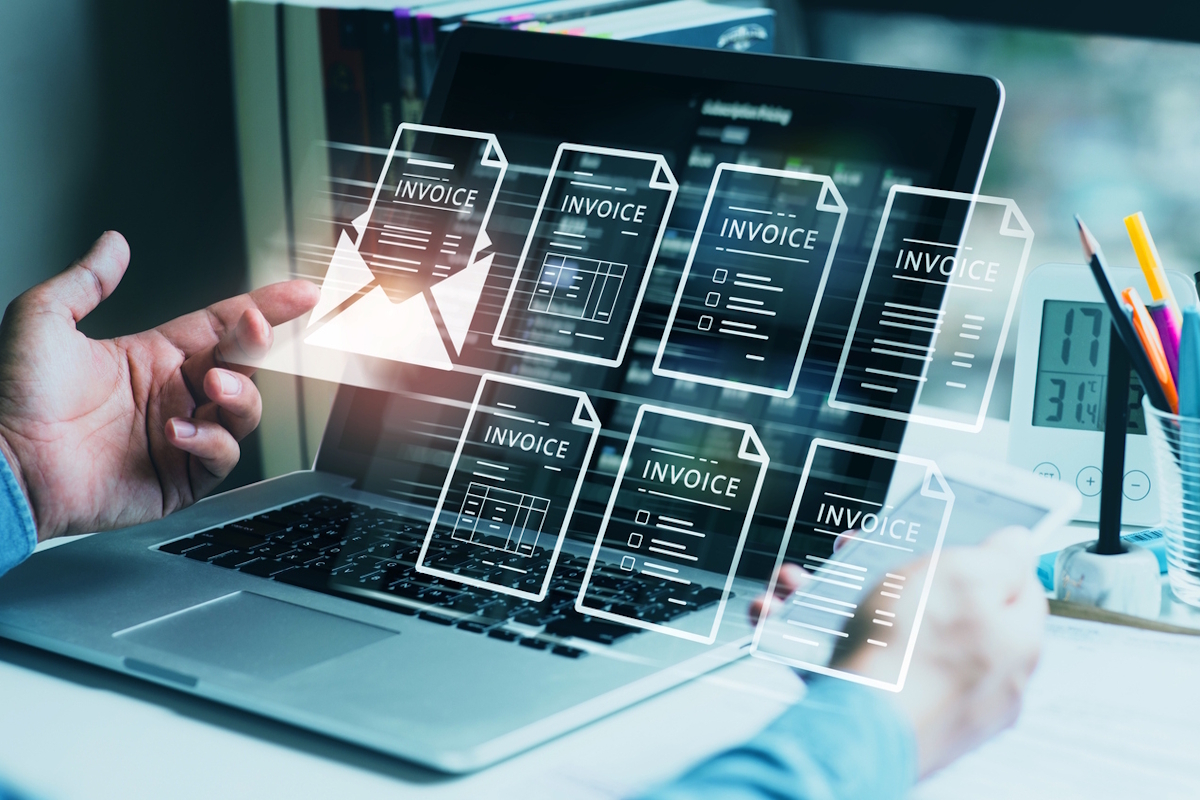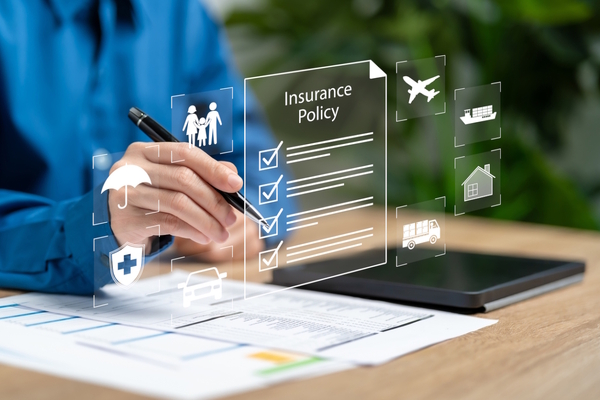Preparing for the UK’s push towards e-invoicing

Jun Miyake at Ryan explains the implications of standardising e-invoicing in the UK
E-invoicing is attracting increased attention.
More and more markets around the world are adopting it in line with evolving global legislation, and now it’s the UK’s turn. HMRC is consulting with industry stakeholders about how best to standardise e-invoicing and increase its adoption across British businesses and the public sector.
Switching to e-invoicing is a significant change and comes with challenges, but it should be seen as advantageous for companies given the many benefits on offer. There are also lessons to be learnt from countries with established e-invoicing systems.
Planning for a digital overhaul
E-invoicing is the digital exchange of invoice information directly between buyers’ and suppliers’ financial systems, even if these systems are significantly different. The outcome is an invoice that is automatically written into a buyer’s financial system without the need for manual processing.
Adopting digital invoicing aims to modernise financial systems, enhance tax compliance, and facilitate smoother cross-border trade by standardising practices.
The push to standardise e-invoicing in the UK has a number of notable implications, including improved interoperability between countries and governments, which is of course is particularly pertinent for multinationals looking to expand overseas.
Standardisation will also reduce tax fraud while increasing VAT accuracy, while automation will prompt greater efficiency and fewer manual errors.
HMRC and the Department for Business and Trade (DBT) will soon be busy reviewing feedback from the consultation, collaborating to develop an appropriate approach that supports both the economy and the tax system. They will need to consider potential e-invoicing models (centralised or decentralised) and whether it should be mandatory or voluntary.
As they weigh up the options, they can learn from countries that have gone before them.
Taking inspiration from international examples
In the European Union (EU), e-invoicing is mandated for public sector procurement across member states, guided by Directive 2014/55/EU, which requires the acceptance of electronic invoices from suppliers.
In general, the bloc is also promoting e-invoicing in the private sector, with the European Commission encouraging the broader adoption of e-invoicing standards.
There are also upcoming e-invoicing mandates due to take effect in several European nations. In Belgium, mandatory B2B e-invoicing will come into force on January 1, 2026, while in France, the rollout will be phased, starting with large and medium-sized businesses on September 1, 2026, and extending to smaller businesses on September 1, 2027.
Over the last few years, European countries such as France have had their mandates either delayed or implemented too quickly, which has posed several challenges to businesses. Businesses require clear guidance on the specifications for compliant e-invoices and sufficient notice of the submission process ahead of the planned adoption date.
Ensuring that the mandate aligns closely with those already adopted across other European nations would further support a smoother transition and greater consistency for businesses in the UK.
Across the pond, the situation in the US is a little more complicated. E-invoicing isn’t yet mandatory at the federal level, but it’s being increasingly adopted by larger corporations and government entities seeking to boost efficiencies.
US businesses active in the global economy will also inevitably be impacted by the rise of e-invoicing. In April 2024, the US and the EU issued a joint statement about improving e-invoicing interoperability to reduce costs and increase co-operation in trade, customs, payments, and fraud prevention.
Mexico provides another interesting example. The country mandated e-invoicing through its CFDI system, which requires businesses to submit invoice details to the tax authority in real time. This so-called “clearance” model helps with tax compliance and revenue recovery, and could help close the tax gap, which remains a big issue for businesses around the globe.
Balancing risk and reward
Whichever direction the UK decides to take, there will be challenges in transitioning to a digital invoicing framework.
E-invoicing will need to be integrated with organisations’ enterprise resource planning (ERP) systems and other critical software, which will ensure greater accuracy and consistency across platforms. This requires effort and high-quality data, but the reward is better financial reporting and more informed, data-driven decision-making.
E-invoicing will also be expensive to implement, especially for smaller businesses. But while it incurs costs up front, it will then significantly cut ongoing operational costs over the longer term by reducing resource-intensive manual handling and paper-based processes.
There are other advantages on offer. E-invoicing accelerates invoice approval and payment cycles, and therefore provides better cashflow management, which is a well-publicised pain point for small businesses in particular.
Digital records of e-invoices also provide a much clearer audit trail, improving transparency across a business and ultimately facilitating a smoother audit process.
HMRC could also consider implementing a more lenient penalty system for businesses that use e-invoicing, given that electronic documentation is usually more compliant. This approach could encourage wider adoption while recognising that, under an e-invoicing regime, the risk of tax losses and errors is significantly reduced.
Collaborating to unlock new opportunities
E-invoicing will equip the modern tax function to be well-positioned to meet the needs of an ever-changing regulatory landscape, but businesses will need a helping hand.
Britain’s businesses will need to work in tandem with HMRC, and the consultation can therefore be seen as an encouraging first step. Policymakers should also consider how to incentivise firms for going early and leading by example. Financial incentives, such as tax deductions or grants for implementing e-invoicing systems, and educational resources and support will help foster a cleaner transition.
Jun Miyake is Principal, Tax Technology at Ryan
Main image courtesy of iStockPhoto.com and HAKINMHAN

Business Reporter Team
Most Viewed
Winston House, 3rd Floor, Units 306-309, 2-4 Dollis Park, London, N3 1HF
23-29 Hendon Lane, London, N3 1RT
020 8349 4363
© 2025, Lyonsdown Limited. Business Reporter® is a registered trademark of Lyonsdown Ltd. VAT registration number: 830519543





